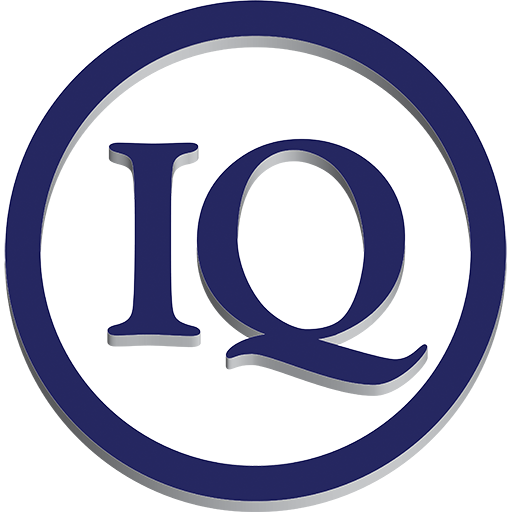
What is IQ?
The IQ Consortium is a not-for-profit organization of pharmaceutical and biotechnology companies with the mission of advancing science and technology to augment the capability of member companies to develop transformational solutions that benefit patients, regulators and the broader R&D community.
IQ News

IQ 2024 Distinguished Service Awardees Announced
The IQ Distinguished Service Award recognizes outstanding individuals who have demonstrated enduring and impactful commitment to IQ’s mission. These individuals have made significant contributions to advancing IQ initiatives and have been proud ambassadors of the consortium. This is the inaugural year for this award, and we are delighted to honor our first class of awardees: Timothy Curran, Olivier Dirat, Timothy Hart, Sebastian Haertter, James Mann, Thomas Monticello, David Tan, and Jean-Pierre Valentin.
IQ Public Call

IQ DILI Initiative NONCLINICAL TRANSLATION Working Group – Nonmember Solicitation
Responses Due 22-Sep-2025

